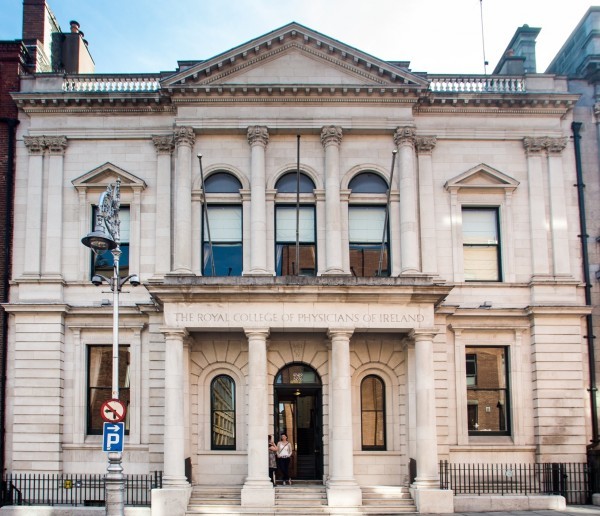The RCPI is examining how recognition of prior learning “might apply in terms of access to training”, according to a spokesperson. The College will be “examining this issue with an open mind and looking at best practice”. It will also work within the Forum of Irish Postgraduate Medical Training Bodies as “this area is common to all training bodies”.
The spokesperson was responding to a query from the Medical Independent (MI) on whether the College was looking at any measures to recognise experience attained by non-EEA doctors in non-training NCHD roles, such that they may be eligible for accelerated basic specialist training (BST) programmes, for example.
Last September, Minister for Health Stephen Donnelly announced that all stamp 4 residency holders would be deemed equivalent to Irish/EU and UK nationals in the application process for postgraduate medical training posts. Previously only limited categories of stamp 4 holders were deemed equivalent in the application process and most non-EEA doctors had minimal chances of gaining a place.
In December, MI exclusively reported that Tánaiste Leo Varadkar planned to change the employment permit rules to allow non-EEA doctors apply for stamp 4 after only two years, compared to five years currently.
Typically, international doctors with stamp 4 have worked in Irish hospitals for several years in non-training roles. Many hold memberships of postgraduate colleges in Ireland and the UK. In recent years, at least one faculty in RCPI granted exemptions to BST for doctors who had worked in non-training scheme roles on the condition of certain requirements being met. However this process was stopped without explanation, doctors previously informed MI.
According to the RCPI, it “continually advocates” for doctors in terms of training and support. “The College has made RCPI educational resources available in a structured manner to non-training scheme doctors. This allows the NCHDs access to the mandatory training courses within their specialty and will meet some of their requirements if they wish to submit an application to the Medical Council for the specialist division of the register.”
The College was not developing an alternative pathway for certification of training by NCHDs in non-training roles.
Meanwhile, an RCSI spokesperson said that to progress from core surgical training (CST) to higher specialist training (HST), all candidates must demonstrate that they have successfully completed the College’s CST programme or an equivalent programme and have passed both parts of the intercollegiate MRCS examination or equivalent.
“RCSI introduced the equivalent standards route to HST to facilitate those candidates who did not complete RCSI CST and passed the MRCS but who could demonstrate an equivalent level of validated training and having passed an equivalent objective examination.”
The spokesperson said RCSI had raised the “lack of supervision, training and career planning for NCHDs in our health system who are not in the specialty training programmes”. RCSI had worked with the HSE to put in place educational and training courses to assist NCHDs to meet their professional competence requirements.
“RCSI recognises that it can provide educational, training and mentorship supports to NCHDs working in Irish hospitals if the necessary funding and partnership with the hospitals was provided. RCSI recently put together a short life working group (SLWG) to specifically look at the career support programmes needed for NCHDs not on the specialist training programmes. This SLWG will soon report its findings and recommendations and RCSI will be engaging with HSE, HSE NDTP, Medical Council, Department of Health and other important stakeholders in a constructive and partnership manner.”
RCSI considered that the historical employment arrangements for non-training NCHDs required “significant reform to provide them with greater certainty of their contractual status to allow them have a more integrative life in Irish society.
“There are no other professional groups in our health services who have to endure ongoing short-term contracts with constant moving around our hospital system and no clear career structures. The scale of the problem for our medical and surgical NCHD workforce has now reached a crisis point. RCSI would welcome the opportunity to meaningfully engage with the key stakeholders to improve this unsustainable situation.”













Leave a Reply
You must be logged in to post a comment.